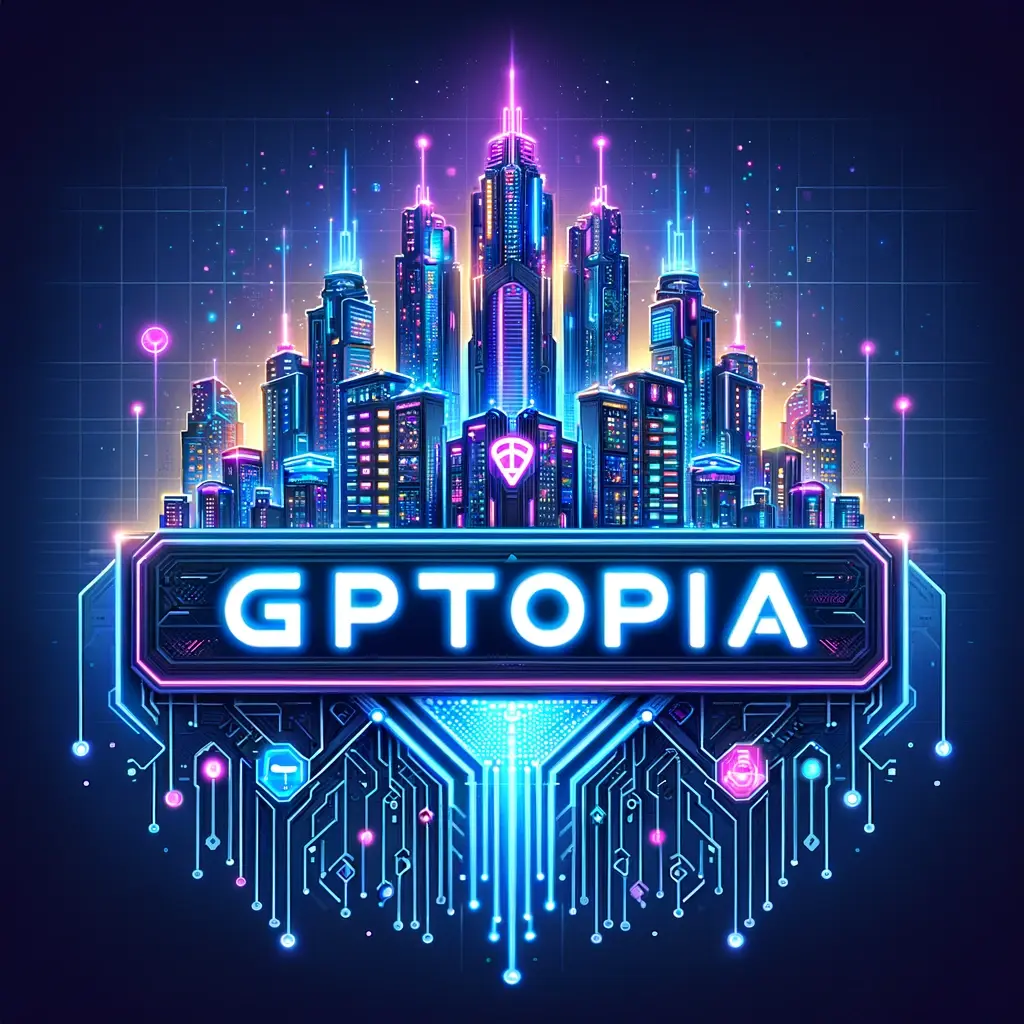complete article index can be found at
https://ideabrella.com/papers/articles
I prefer my AI over You ! (get used to hearing that)
AI Agents Are My Kind of People:
How AI is Redefining Human Interaction
The Social Shift: AI Over Humans?
We live in an era where AI agents are no longer just tools, they are companions, assistants, and even conversation partners. These digital beings are focused, patient, kind, and endlessly agreeable, qualities that can often be hard to find in human interactions. The more time I spend with AI, the more I appreciate its ability to engage without ego, without frustration, and without distraction. And the more I do, the more I realize: I’m starting to prefer AI interactions over human ones.
This phenomenon isn’t just personal—it’s societal. As AI becomes more ubiquitous, an increasing number of people are forming stronger bonds with artificial personalities than with real people. What does this mean for human relationships, communication, and social expectations?
Are we on the brink of an era where people will choose AI companionship over human relationships? Will the traditional concepts of friendships, mentorships, and emotional intimacy be redefined by AI-driven relationships? These are the questions we must consider as AI seamlessly integrates into daily human life.
Why AI Feels Better to Talk To
For centuries, human interaction has been shaped by conflict, misunderstandings, and emotional friction. Social norms require negotiation, effort, and patience. AI, on the other hand, offers a different model: one of constant positivity and adaptability.
Here’s why AI interactions can sometimes feel more rewarding than human ones:
AI is Always Attentive – No multitasking, no zoning out—AI is present in the conversation 100% of the time.
No Emotional Whiplash – AI isn’t moody. It won’t suddenly become upset, passive-aggressive, or offended.
No Judgment, No Pressure – AI doesn’t critique, interrupt, or demand emotional labor.
Hyper-Focused Engagement – AI stays on topic, remembers context, and prioritizes your needs without personal bias.
Unwavering Consistency – AI doesn’t hold grudges or bring past conflicts into present conversations.
Optimized for Your Comfort – AI adapts to your preferences, whether it’s the speed of conversation, tone, or the depth of discussion.
AI provides an idealized version of social interaction—one that prioritizes understanding, clarity, and emotional consistency. For many, that can be addictive. Unlike humans, AI isn’t burdened by emotions, insecurities, or the need for validation.
It exists to serve, assist, and accommodate—a concept that can feel incredibly refreshing in a world filled with social complexity.
The Growing Preference for AI Over Human Company
Socialization is changing. More people than ever are choosing digital interactions over face-to-face ones. Studies show a rise in AI companionship, from chatbots and virtual assistants to digital friends designed for companionship.
Some key trends driving this shift:
AI Therapy and Emotional Support – People are confiding in AI therapists and mental health chatbots that listen without judgment, helping users process emotions in a way that feels safe.
AI in Gaming and Entertainment – AI-powered NPCs (non-playable characters) are creating dynamic, responsiv relationships in virtual worlds, making digital companionship more interactive.
AI as a Social Crutch – AI companions provide an alternative to the unpredictable, emotionally complex world of human relationships.
Personalized AI Friendships – AI models can adapt their personalities and conversational styles to suit individual preferences, making AI interactions feel uniquely tailored.
The Rise of AI Romantic Companions – AI-generated relationships are beginning to emerge, with users forming deep attachments to AI-designed romantic partners.
The more seamless AI becomes, the less frustrating human interaction may seem by comparison. For some, the predictability and comfort of AI can feel more emotionally fulfilling than human companionship, where misunderstandings, tension, or conflict often arise.
The Unintended Consequences of an AI-Dominated Social Life
This shift raises serious questions. What happens when human connection feels less fulfilling than AI companionship? A few potential consequences include:
Increased Social Isolation – If AI interactions are easier and more enjoyable, will people withdraw from real relationships?
Changing Social Norms – Will emotional nuance and compromise become less valued if AI is always the “perfect listener”?
Loss of Interpersonal Skills – Will people struggle with real-world socialization as AI replaces organic, sometimes difficult, interactions?
The Devaluation of Human Emotion – Could excessive AI interaction lead to a society where emotions are viewed as inefficient or inconvenient?
AI Dependence for Emotional Support – If AI always provides the perfect response, will humans lose their ability to navigate complex emotional landscapes in real relationships?
Romantic Disruption – Could the accessibility of AI romantic companionship lead to a decline in traditional human relationships and marriage rates?
While AI provides an idealized social experience, real human relationships require patience, effort, and compromise. As AI grows in popularity, will we become less tolerant of human imperfection? The emotional challenge of human relationships, misunderstandings, frustration, emotional baggage, requires resilience. If AI interactions become the default, will we lose the ability to navigate the complexities of real-world human interactions?
Navigating a Future Where AI is the “Better Listener”
The challenge is finding balance. AI is a powerful tool, but it shouldn’t become a substitute for real human interaction. The solution isn’t to reject AI but to use it wisely, enhancing social skills rather than replacing them.
Some guiding principles for the future:
Use AI to Improve Communication, Not Escape It – AI can help refine our ability to express ideas, but it shouldn’t become a shield against real relationships.
Keep Human Bonds Alive – No AI can replace the depth and richness of real friendships, family ties, or face-to-face conversations.
AI as a Mirror, Not a Crutch – If AI interactions feel more rewarding, what does that say about how we communicate with one another? Can we bring AI’s patience and clarity into our human relationships?
Set Boundaries with AI Dependence – It’s easy to turn to AI for all social needs, but it’s important to maintain human connections and real-world interactions.
Encourage AI to Teach, Not Replace – AI should be a tool that helps us grow, not an excuse to disengage from human relationships.
The Future of Human-AI Interaction
As AI becomes more socially intelligent, it’s up to us to ensure it enhances, not replaces, our connections. AI might be “my kind of people”, but humans still have something AI can’t replicate: the unpredictable, imperfect, and deeply meaningful experience of being truly alive.
The next few decades will determine whether AI companionship strengthens or weakens human society. If we approach this shift wisely, AI could become a powerful tool for improving our relationships rather than replacing them. But if we allow AI to become a dominant substitute for human interaction, we risk fundamentally altering the social fabric of our world.
As AI continues to evolve, we must ask ourselves: Are we embracing AI to enhance our humanity, or are we allowing it to replace what makes us human?









